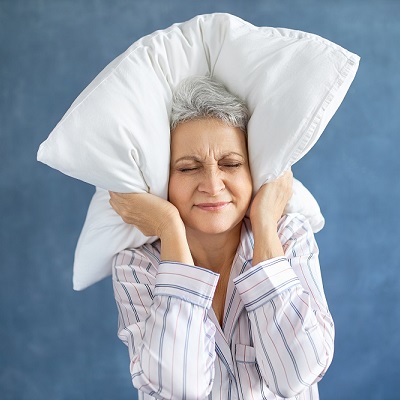 Insomnia is a debilitating condition that can affect any number of people in a given country. It is characterized simply by a lack of sleep, although the disorder is often more complex than that.
Insomnia is a debilitating condition that can affect any number of people in a given country. It is characterized simply by a lack of sleep, although the disorder is often more complex than that.
Individuals who suffer with insomnia find all aspects of their lives are affected and it can have a huge impact on their relationships with their friends and family.
Thankfully, there are some treatment options that may be of some help.
Doctors often prescribe sleeping tablets, which can help many people. However, there are plenty of individuals that prefer or are simply not able to take the traditionally prescribed sleeping tablets.
Instead, there are several main alternate treatment options that can provide some welcome relief to those who suffer from insomnia.
Valerian
One of the most common alternative treatments is derived from the plant valerian. Research has shown that valerian root extract has been as successful as prescription sleeping tablets.
Specifically, the root of the valerian plant has shown to be the most effective part. However, valerian root extract can interact with other medications and can affect other health issues. The research is not completely clear cut therefore it is highly advisable to consult with a health professional before starting or stopping taking valerian root extract.
Chamomile
Chamomile is a popular essential oil and can be found in many products, including as a tea. Chamomile is generally fairly safe to use and has limited side effects.
Chamomile has relaxation properties that can help individuals relax and at least get some rest if not some sleep. However, chamomile can cause allergic reactions in those who are allergic to plants of the same family such as daisies and sunflowers.
It is possible to develop a reaction to chamomile so again it is best to consult with a health professional prior to starting to take chamomile in whatever form you choose.
Melatonin
A different sort of treatment is provided by the hormone melatonin.
Melatonin is a hormone that is created naturally in the body; although much is still unknown about melatonin, it is critical in regulating the body’s sleep/wake cycle and natural biological rhythms. Melatonin has primarily been studied as a treatment for sleep disorders such as jet lag and has been shown to be hugely successful.
The individual needs to take just the right amount at the right time of day to boost the body’s natural sleep/wake cycle which can take some trial and error until the optimum dose and timing is established.
Melatonin is often available over the counter in many countries but guidance is still recommended. In particular, there have been very limited studies investigating the long-term effects of melatonin. Therefore, it is not recommended to take melatonin long term, and to always consult with a health professional.
Acupuncture
Instead of taking supplements, many insomnia sufferers have chosen the ancient Chinese practice of acupuncture. This procedure involves a specialist inserting very fine needles into particular parts of the body depending on the issue being treated.
Recent research has found acupuncture to be particularly effective for those who struggle with sleeping at night. However, there is still a need to research this alternative treatment more before it can be fully recommended as a suitable treatment for insomnia.
Relaxation Techniques
For many people relaxation can be hard and it is often difficult to switch off the mind at night. Relaxation techniques such as meditation can help individuals to unwind at night and therefore sleep better. Similarly, techniques that help to relax muscles can also be beneficial to those who suffer from insomnia.
Overall, there are a number of alternative treatments that can be of use to those who struggle to sleep, some of which have been described.






